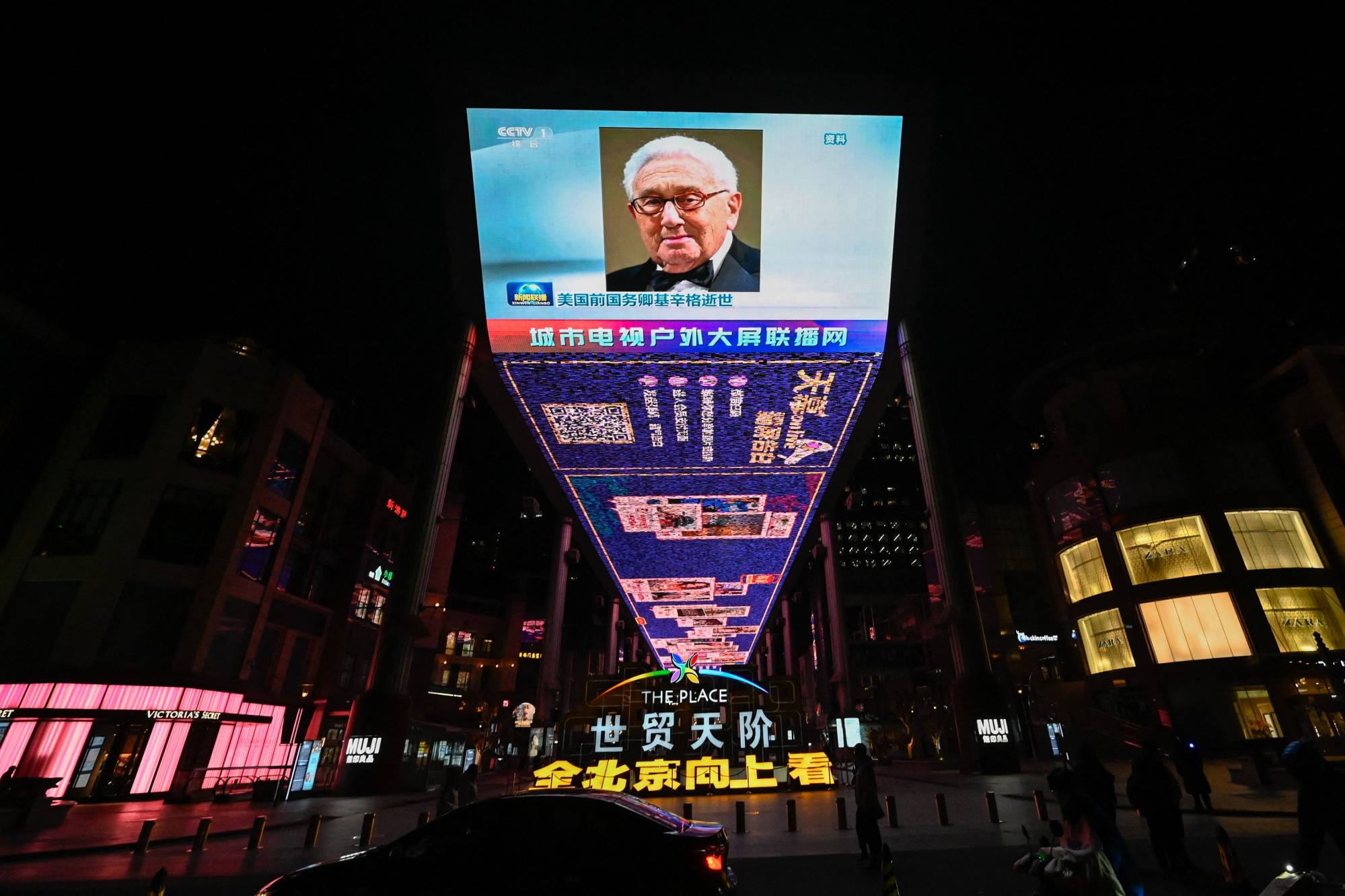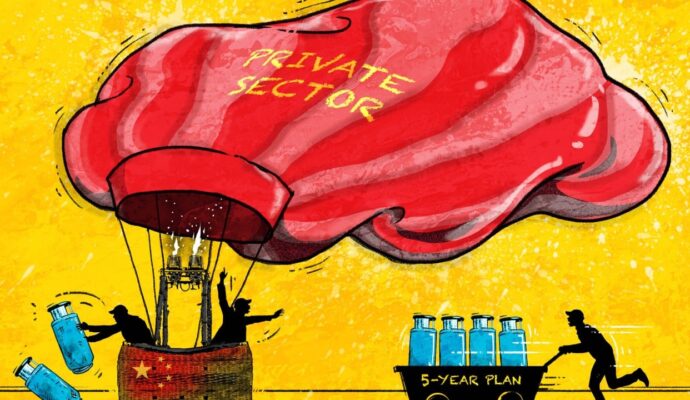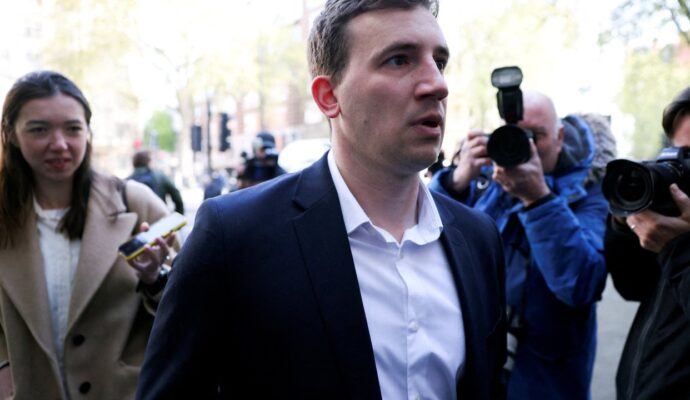Following the establishment of formal diplomatic relations between the two countries in 1979, he continued to play an unofficial role in stabilising the often turbulent relationship.
This included a visit to salvage relations in November 1989 – months after the bloody Tiananmen Square crackdown on June 4 – under the guise of a “fact-finding mission”, a month after a similar visit by Nixon.
David Arase, resident professor of international politics with the Hopkins-Nanjing Centre for Chinese and American Studies, said Kissinger had acted as a “key go-between or broker that kept two-way communication open and gave wise advice that both sides appreciated”.
He noted that Kissinger had a personal interest in doing so – both in terms of protecting his legacy in restoring diplomatic ties and promoting his consulting business – but said he had also served the public interest in smoothing over rough periods in the relationship between the two countries.
Old Anthony Bourdain quote calling Kissinger ‘murderous scumbag’ goes viral on X
Old Anthony Bourdain quote calling Kissinger ‘murderous scumbag’ goes viral on X
“His death marks the passing of an historical era of Sino-US rapprochement and friendly cooperation that ended cold war China’s international isolation and aided its successful modernisation,” he added.
Alfred Wu, an associate professor at the National University of Singapore’s Lee Kuan Yew School of Public Policy, said Kissinger was able to play a unique role as China held him in high regard– even decades after he left office in 1978.
During their meeting, Xi told the veteran diplomat: “Chinese people value friendship and we will never forget our old friend and your historic contribution to promoting the development of US-China relations and enhancing the friendship between Chinese and American people.”
“It is a long-time friendship,” said Wu. “I don’t think anyone could play his role. It’s very hard because the views are so different from both the US and China. I don’t think anyone could claim to be the next Kissinger.”
Zhu Feng, executive dean of the school of international studies at Nanjing University, said Kissinger had been shaped by the historical context of his times, when the two countries have been brought together in the face of a “common enemy” – the Soviet Union – and it was unlikely that a similar figure would emerge in the current climate.
“Will future eras reshape a brilliant diplomat like Kissinger?”, he asked. “If neither China nor the US feels that there is a common enemy that needs to be dealt with together, how could a [new] Kissinger emerge?”
Charming, controversial Henry Kissinger steered establishment of US-China ties
Charming, controversial Henry Kissinger steered establishment of US-China ties
He noted that Kissinger’s influence on Washington’s foreign policy had been on a decline since Bill Clinton’s presidency in the 1990s and his passing would have a limited impact.
But Zhu said the centenarian represented a unique perspective and his voice continued to resonate in the two countries.
Sun Chenghao, a fellow and head of US-EU programme at the Center for International Security and Strategy at Tsinghua University, it was impossible to find an individual identical to Kissinger as he had experienced the whole development of US-China relations.
But it did not mean there would not be another influential figure capable of driving relations.

“Is it the era shaping heroes or heroes propelling the era? I think it goes both ways,” he said. “Given the current state of China-US relations, there will certainly be a need for suitable individuals to come forward and promote relations.”
Given the current state of US-China ties, Arase said Kissinger’s death would not have a significant impact on ties because both sides no longer believe that a shared strategic vision of global order – and a strategic partnership to achieve that – is possible.
Kissinger’s mixed legacy: from ‘war criminal’ in Vietnam to ‘friend’ of Singapore
Kissinger’s mixed legacy: from ‘war criminal’ in Vietnam to ‘friend’ of Singapore
“Kissinger believed that it was possible but his mentality was shaped by memories of a different era of world history and bilateral relations,” he said.
“There is no one of Kissinger’s stature to fill his shoes, but there are like-minded individuals and organisations that can collectively carry on his legacy of back channel communication.”
The only problem, he went on, was that both countries have “lost faith in strategic compromise and look to solve their problems through competition and assurance of domination”.


